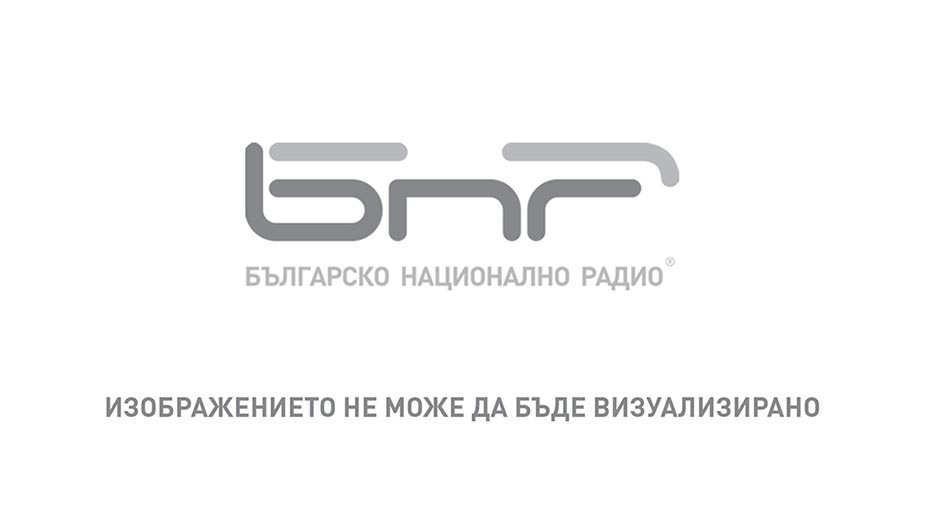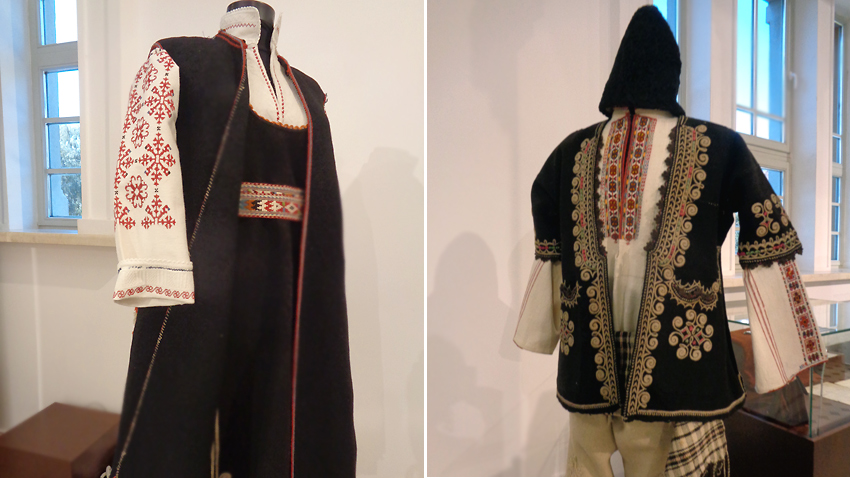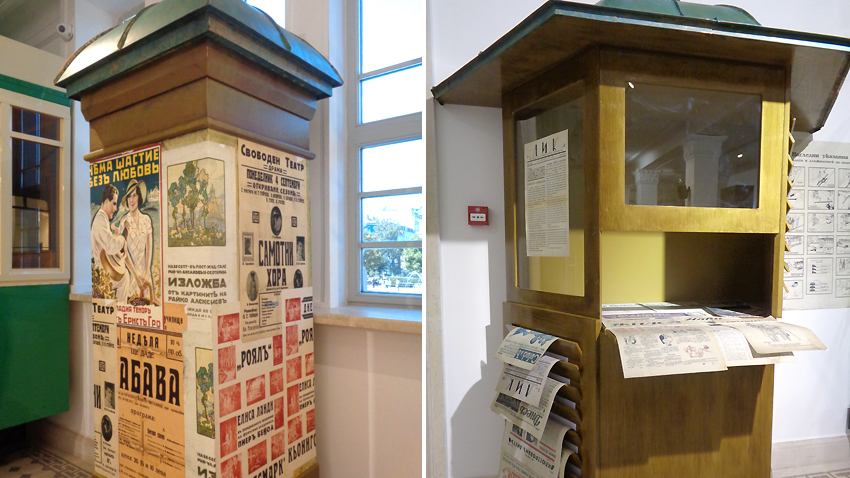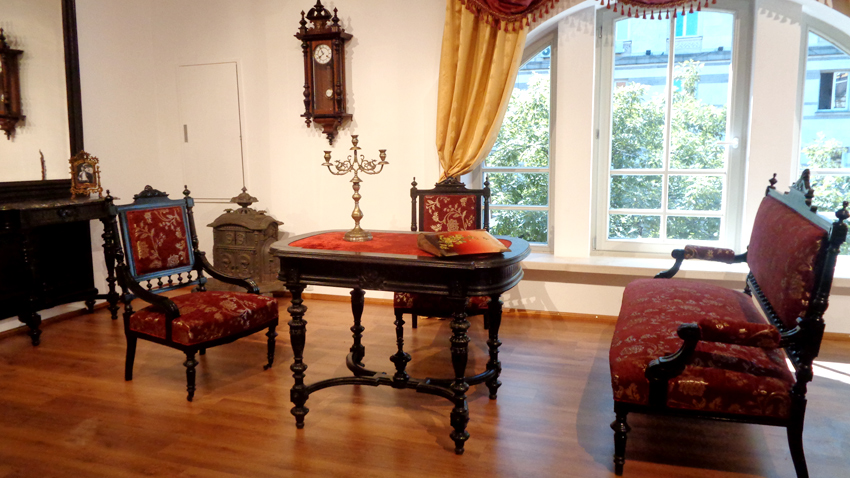 12
12
The standing exposition at the Sofia history museum in the Bulgarian capital the public has been looking forward to opens today, the Day of Sofia, September 17. The exhibition is housed by the former central mineral baths building – one of the finest edifices in the centre of Sofia. The museum itself was built in Banski (baths) square back in 1928 but the building was razed to the ground during the bombing of Sofia in World War II. Over the years the search has been on for a new home for its collections. In 1998 the municipal council decided to transform the building of the central baths which had been closed to the public since 1986. Transformations of this kind are no rare thing in Europe.
The museum’s standing exposition occupies eight halls: Heritage from Antiquity, Power of the Spirit, Dynastic Bond with Western Europe, Palace Office, Sofia Street, National and Municipal Institutions, What People in Sofia Wore, Cultural Life and Entertainment.

We have chosen to tell you more about the Sofia street of yore, with real cobblestones, with its stores and the oldest palace car – a 1905 Mercedes. It also features a baby carriage and beautiful vintage clothes, but also the national costumes worn by the people in nearby villages. At the close of the 19th and the beginning of the 20th century they invariably thronged here, to the streets of Sofia with their colourful clothes, their baskets full of products they sold at Sofia’s markets… There is also a news stand and a little further on – a notice pillar. And also: a harmonium, a musical instrument that is long forgotten, a picturesque shoe-cleaning box… Many wonder what an old tram carriage looked like - this is the place to see one, to sit down inside it and see, on film what Sofia’s streets once looked like.

Actually, the streets of Sofia have memories of a magnificent six-horse Louis 16th carriage with coachman and valet in opulent livery that once belonged to French queen Marie-Antoinette. The carriage was a wedding gift to Prince Ferdinand and Princess Marie Louise; in this carriage the royal couple traveled from the station to the palace where they were welcomed with a glamarous ceremony. It is known as the gold carriage and is now part of the museum collection.

What can visitors to the museum see there? Here is Todor Chobanov, Sofia’s deputy mayor for culture:
“There will be detailed lectures in several languages. Special films will be shown in all halls, shot in different locations by museum workers with outside experts. They tell the story of the exhibits, of the town’s history. We have endeavoured to make the exposition as interactive as we have been able to, so it will be of interest to young and old alike.”
Sofia Mayor Yordanka Fandukova:
“I don’t know if you noticed, but there is a hall here that is specifically for children. This year we had many children coming here to learn more about the city’s history and most of all, to work with archaeologists – children are so interested in archaeology. So, this affords schools, kindergartens an opportunity to hold classes here, to come in contact with the history of the city outside the classrooms.”

“I can definitely say this was no easy project, because the building is more than 100 years old,” says Todor Chobanov. “It was in fact constructed using very different technologies – outdated and unsuited to latter-day requirements and conditions. In some sections we had to raise the building’s foundations from the ground up, halls were created where the courtyards once were. Converting the premises was a difficult process. But our aim was to have the standing exposition of the Sofia history museum inside the front end of the building which covers an area of over 7,000 square meters. The collection itself, which is kept here strictly following Bulgarian but also European standards, displays exhibits connected with the Third Bulgarian Kingdom, with the period from the country’s liberation from Ottoman domination in 1878 until 1944, when a pro-Soviet regime was installed. But that does not mean we have not been adding to the collection, we also conduct research work. Regrettably, the kind of sponsors there once existed are now few and far between. But we have fund-raising campaigns, especially for the belongings of the foremost names in Bulgaria’s history.”
Let us add that the Sofia history museum organizes temporary exhibitions from the country and abroad. For example, until just a few days ago, there was an exhibition from the Louvre here, of ancient Egyptian art. Negotiations are currently underway for expositions with Lichtenstein and Portugal.
English version: Milena Daynova
Photos: Veneta PavlovaAfter nearly 35 years, the Bulgarian Orthodox Church Community in London has its own church in the central part of the British capital, in close proximity to the Bulgarian Embassy. There, in the prestigious Kensington district, next to Hyde Park and..
Meatfare Sunday in 2025 will be remembered as a major celebration for the Bulgarian Orthodox Church and the entire Bulgarian community in the United Kingdom. The "St. John of Rila" Orthodox Church, built with funds from the Bulgarian state and with..
All Souls' Day (Zadushnitsa in Bulgarian) is an important day for many Christians. On this day, we remember deceased relatives and loved ones. The first of the three All Souls' Days of the year, also known as the Great or All Souls' Day, falls on the..
Meatfare Sunday in 2025 will be remembered as a major celebration for the Bulgarian Orthodox Church and the entire Bulgarian community in the United..
After nearly 35 years, the Bulgarian Orthodox Church Community in London has its own church in the central part of the British capital, in close proximity..

+359 2 9336 661
